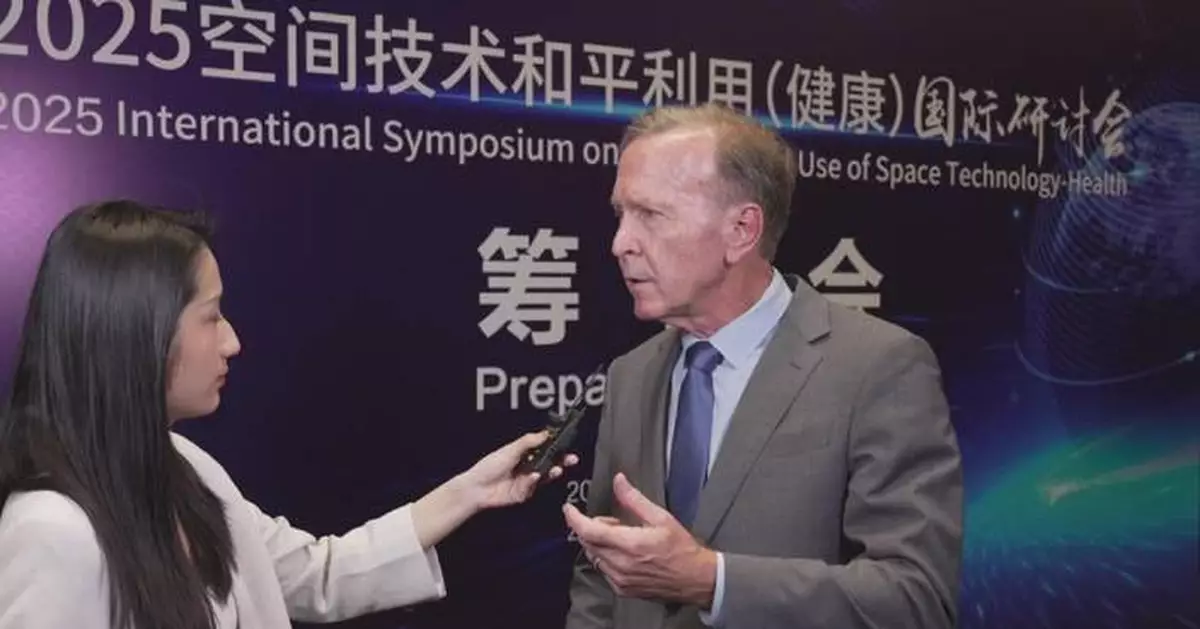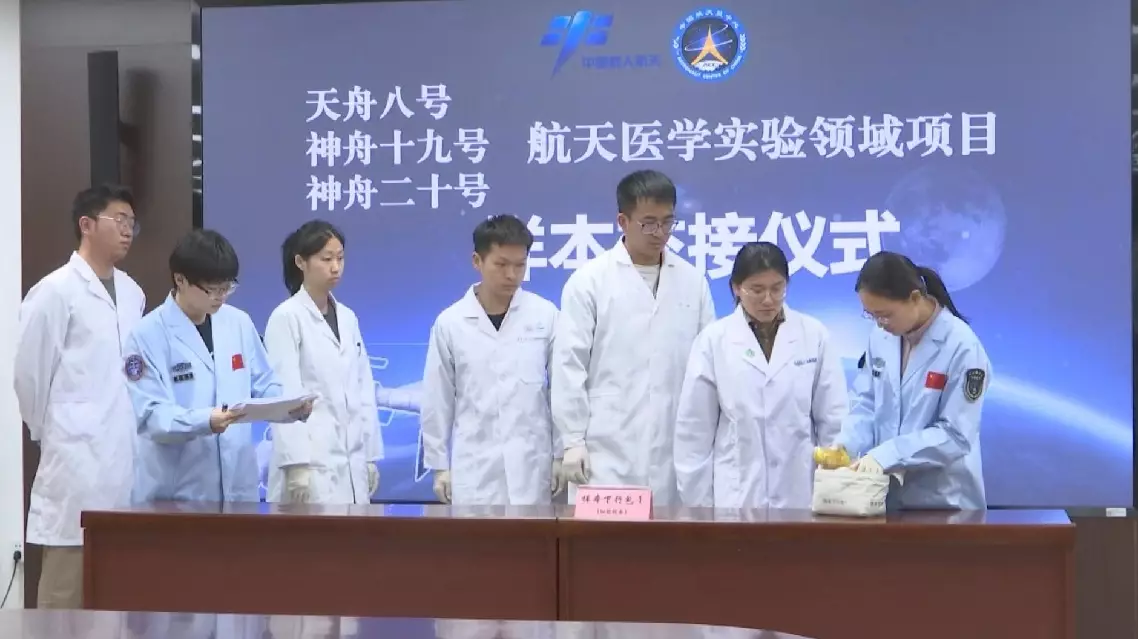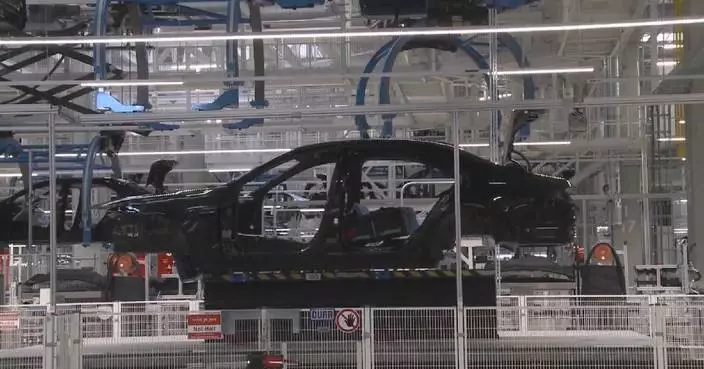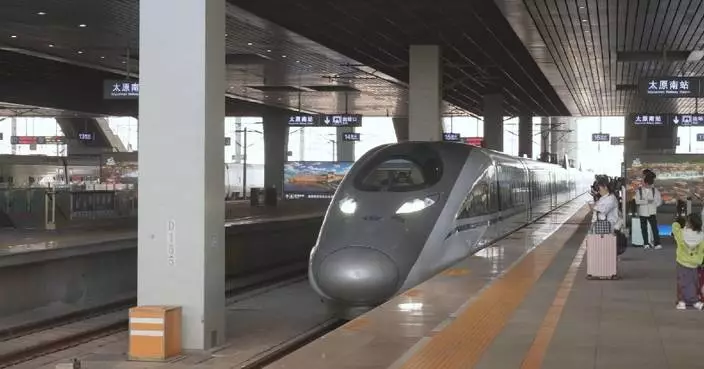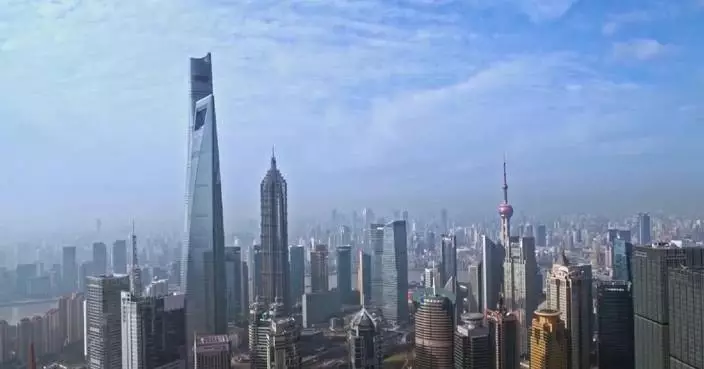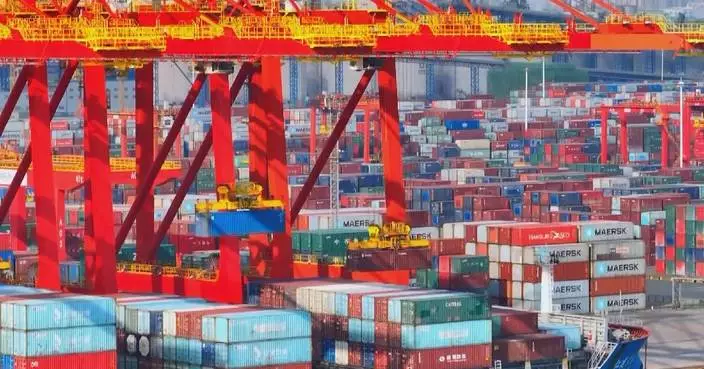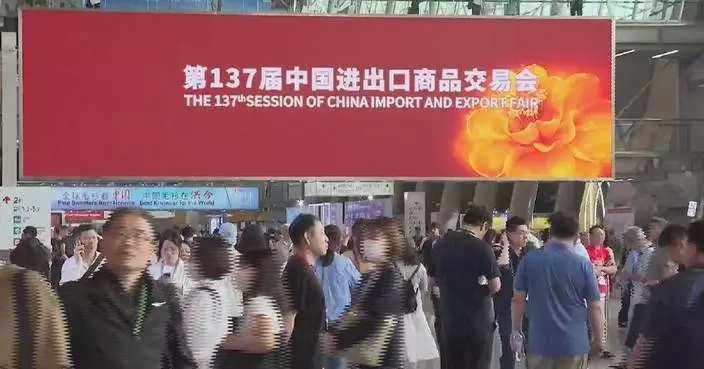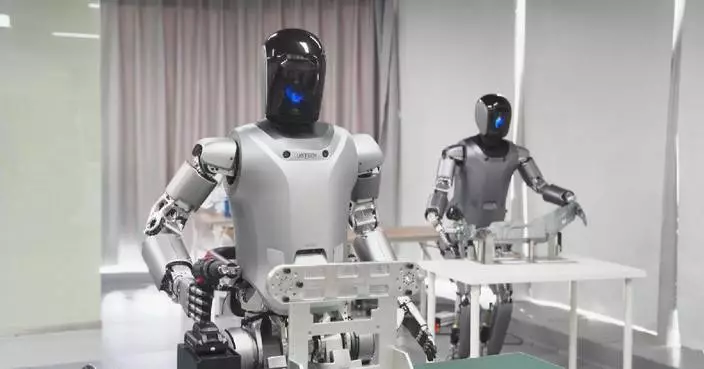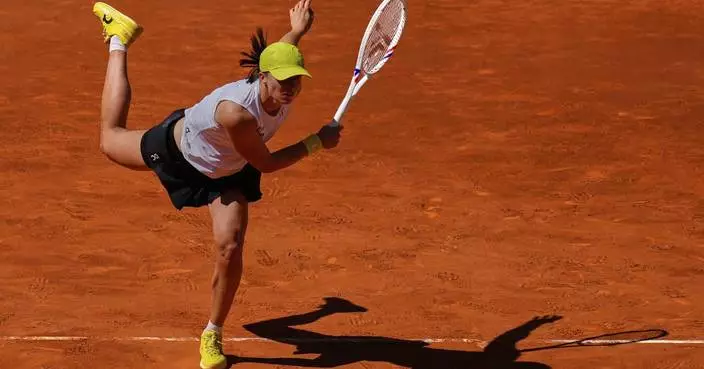Neil Bush, chairman of the George H.W. Bush Foundation for U.S.-China Relations, has shared his insight into the current state of relations and economic and trade ties between the two countries, voiced optimism about China's growth trajectory, and called for more exchanges between Chinese and American youths.
Speaking in an interview with China Media Group (CMG) in Beijing on Tuesday, Bush recalled how his father, George H.W. Bush, keenly assessed relations between China and the United States when serving as the 41st U.S. president in the late 1980s and early 1990s, and how the bilateral ties have regrettably cooled nowadays because of the White House's misconception about a rising China.
"First of all, my father often stated that the U.S.-China bilateral relationship is the most consequential relationship in the world, and he was right, and it continues to be true to this day. In America today, sadly, we are fearful of China's rise, thinking that it's going to represent a military threat or a national security threat, a threat to our economy, a threat to our way of life. I don't happen to believe that's the case, and I know my father didn't when he was president and even subsequent to that," he said.
Weighing in on the Trump administration's sweeping unilateral tariff imposition on its trade partners all over the world, Bush said the move will most likely backfire eventually, while expressing the hope that there could be a turning point for China and the United States, the world's two largest economies, to work things out and bring their relations back on the right track.
"At the end of the day, I think that people are going to see that tariffs don't work. When Americans see their prices go up, when they see jobs going away, when they see the distress not only in the United States but in the global economy, there may be a pivot and a change of course, in which case we could return back to a more normal mutually beneficial bilateral trade relationship and put this relationship back on the right track," Bush said.
He highlighted the Chinese economy, in contrast to what the Western media often tends to believe, has shown strong historical resilience to the world, and shared his observation that external challenges have not dampened the prevailing optimism about the economic growth in the country.
"The U.S press, the Western media, oftentimes writes China's economy off as though this is coming to an end, the growth, the high growth going to an end. And they always bounce back. So, there is a historical resilience, we've seen it over and over and over again. In this case, I think that the tariffs and the global impact of the trade war will have an impact on China's economy in an adverse way -- it clearly affected it in a negative way. Having said that, I get a sense, I've been to China three times this year, and I get a sense that there's a pride and optimism, there's a resurgence, there's a feeling of optimism in the economy today that didn't exist back when I was coming often last year," he said.
He also expressed the belief that China will continue developing and prospering, powered by its unparalleled innovation capabilities.
"China has the capacity to develop its own capabilities. And in this very highly competitive world, China has advantages that other countries don't and that they have many more PhD engineers, and people [who] focus on the AI and deep-tech type of work being done. I bet that China is going to be on a pretty steady, consistent road to growth and prosperity, and hopefully it'll be a mutually shared success," said Bush.
Additionally, Bush hoped for greater exchanges between young people from China and the United States, so that they can jointly contribute to solving the various pressing issues facing mankind today.
"Both here and in the United States, I wish youth could be more outward-looking and more thoughtful about what we must do together as humans to solve human problems like climate change, and preventing, keeping the spread of infectious diseases from killing millions and millions of people. There's all kinds of food hunger or food shortages. There's going to be lots of problems that we need to address. And we should encourage more Chinese students going abroad to the United States and American students coming to China. We need to have more exchanges," he said.
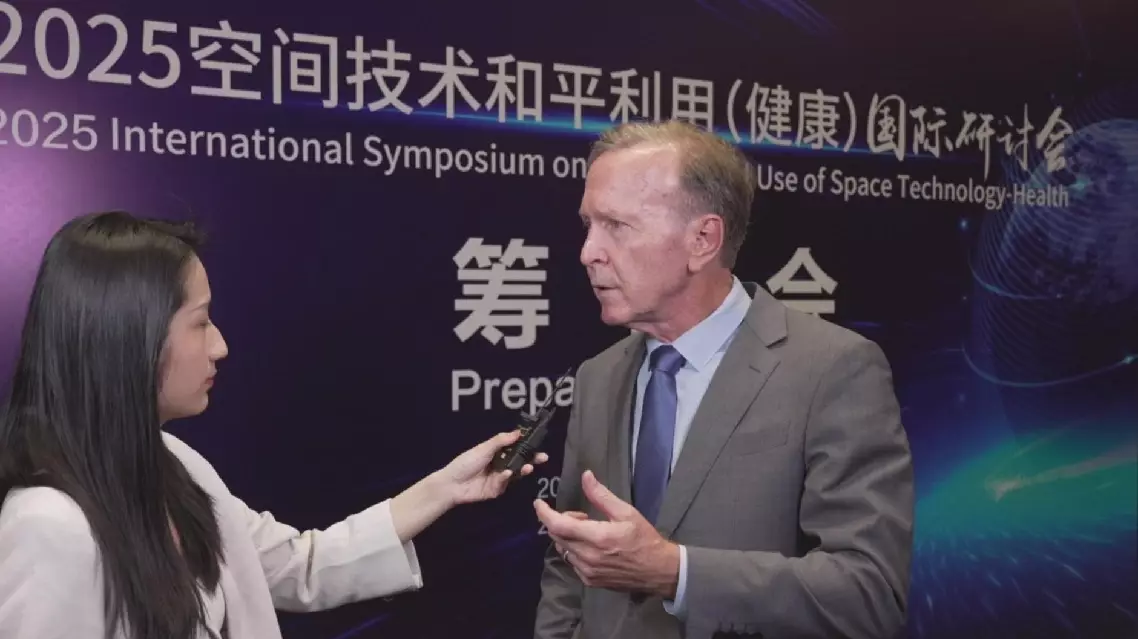
US foundation chair on China-US ties, US tariff war, youth exchanges


